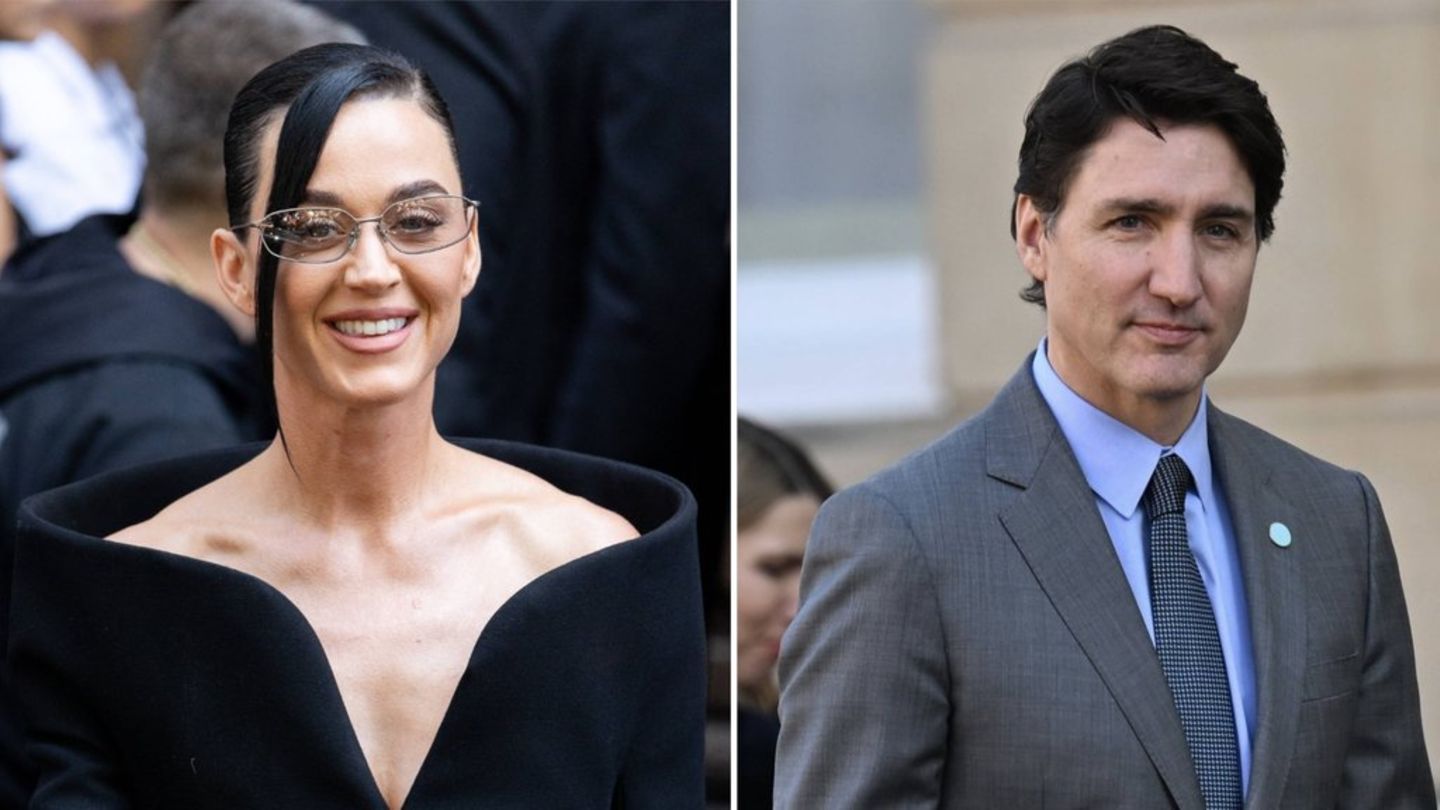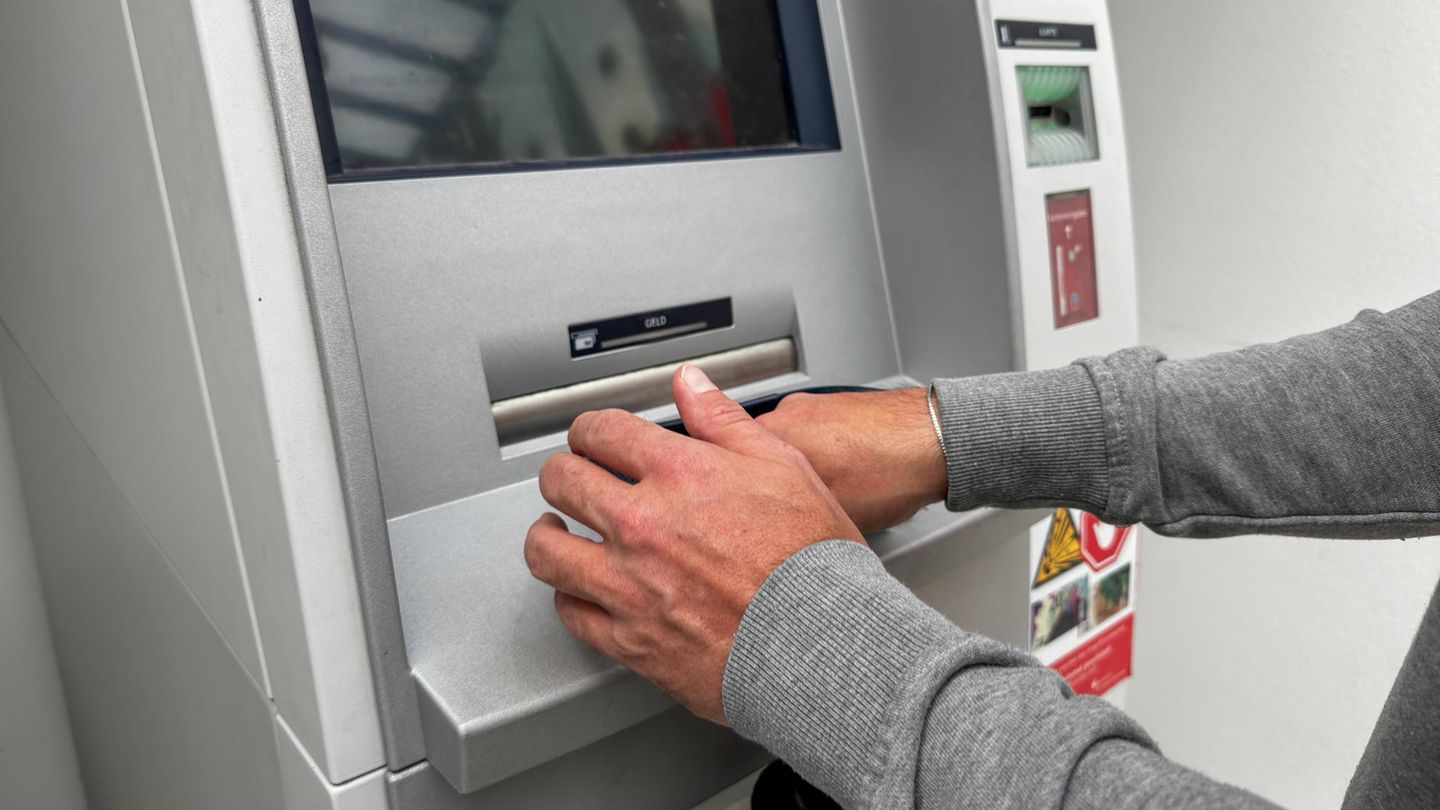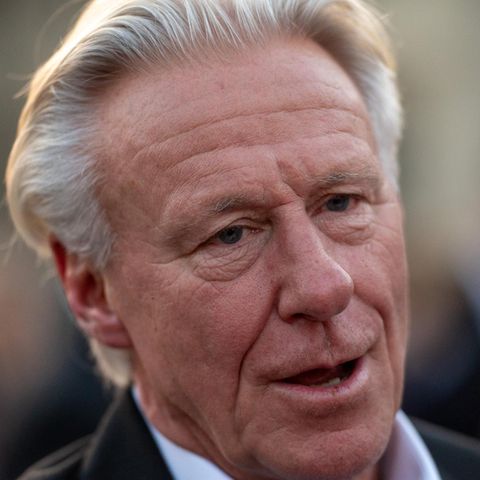The last 46 days have been marked by polarization in a dispute that pits a president against a former president for the first time in the country’s history. Although voting is compulsory in Brazil, from 16% in 2006, abstentions rose to 20.3% in 2018. Almost 30 million people did not vote in the last elections. And according to analysts, Lula could be the most affected by an eventual increase in absences.
Data from the Superior Electoral Court (TSE) show that in 2018 the group with the highest abstentionism was that of the illiterate over 60 years of age (more than 50%). That year, however, there was a record number of young people under the age of 18 – some 2 million – who registered to vote. (ANSA).
How to get to the election
Brazil started what will be an intense day full of expectations to define who will be the next president. On the one hand, the current president, Jair Bolsonaro, will try to achieve re-election. Opposite, Lula Da Silva, who seeks to return to power after several years. The vote will take place from 8 am to 6 pm (Argentina time) and it is estimated that the result will be known at 9 pm, since the electronic voting system will allow the winner to be known more quickly.
The latest survey on Saturday by the Datafolha Institute attributes 36% of valid vote intentions to Bolsonaro compared to 50% for former President Lula (2003-2010), the minimum percentage to avoid a second round on October 30.
Source: Ambito
David William is a talented author who has made a name for himself in the world of writing. He is a professional author who writes on a wide range of topics, from general interest to opinion news. David is currently working as a writer at 24 hours worlds where he brings his unique perspective and in-depth research to his articles, making them both informative and engaging.




